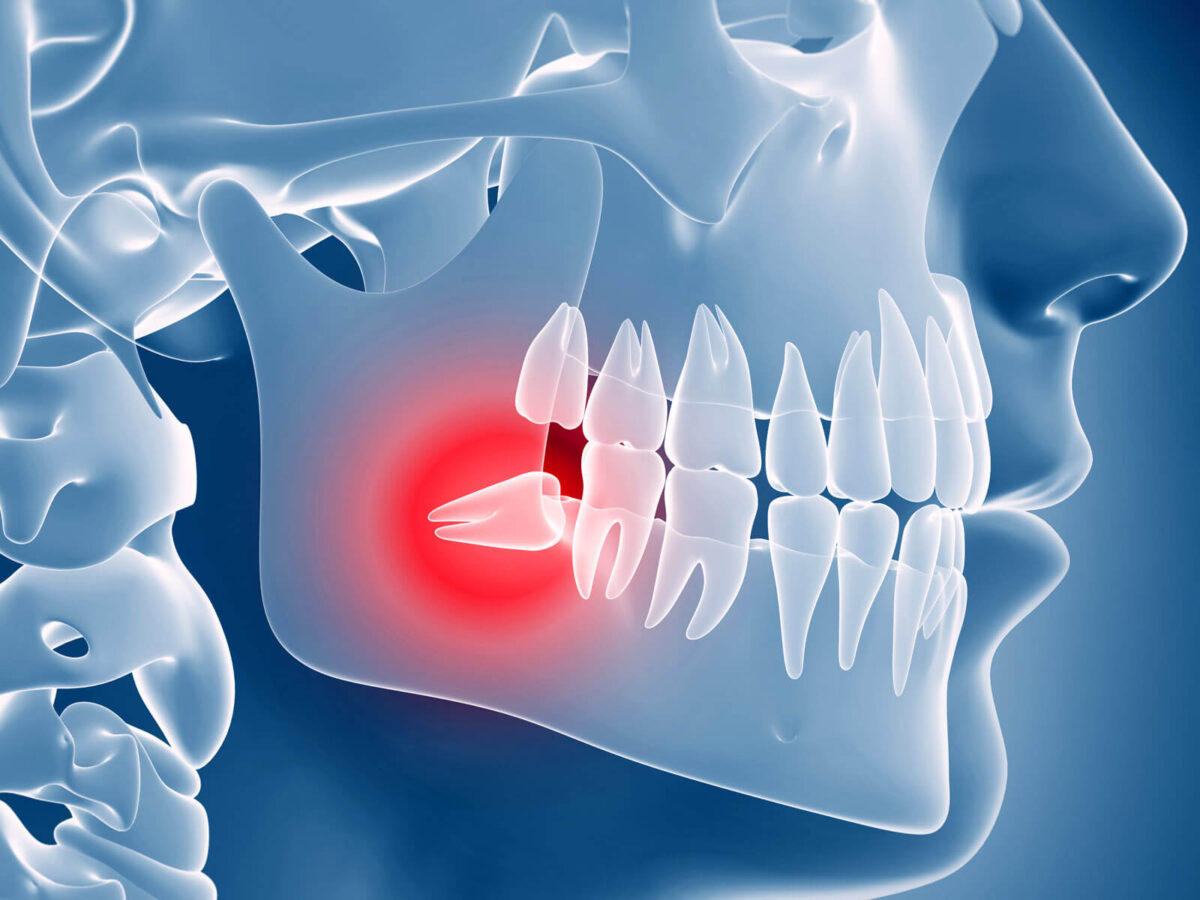Blog
Dental hygiene tips for healthy teeth & gums

Can Wisdom Teeth Cause Sinus Pain & Problems?
While many people do not possess them, for those who do, their third set of molars, more commonly known as the ‘wisdom teeth,’ begin to emerge during early adulthood. However, wisdom teeth have been associated with several complications over time. They have problems with teeth and are inclined to cavities; they can cause pain, and in most cases, there is insufficient space for them to grow correctly.
Several adverse effects are possible in all of these situations. However, one thing people do not know that may be associated with their wisdom teeth is issues regarding the sinuses. Perhaps that is why people get their wisdom teeth pulled – because, as unbelievable as it might sound, that is sometimes considered extremely important. Here are some things you should know about wisdom teeth and sinus issues from the experts at Rockdale Dental Office TX.
What are the Sinuses and Wisdom Teeth?
Sinuses denote the surrounding pits or voids of air located in your head and face area. These pockets help you breathe more easily because they warm and moisten the inhaled air. They typically come in sets of two, with pairs located in four places: They usually come in sets of two, with pairs located in four places:
- In your forehead
- Behind your nose
- Between your ears
- Inside your cheekbones
In the same respect, wisdom teeth are the third set of molars that may develop and come through at the back of your upper and lower gums. Generally, the third molars, or wisdom teeth, erupt during the middle teenage years and early adulthood. Earlier, extra teeth were required to exert more pressure on food particles in an era before some practices of cooking and preservation along with the fridge.
Over time, human skulls and faces have been different from wisdom teeth, meaning there is less space to accommodate them. As a result, the third set of molars becomes more of a problem, though those who grow their wisdom teeth properly can use them.
Wisdom Teeth and Their Impact on Sinuses
The dentist’s worst enemies are the third molars, or wisdom teeth because they are close to the maxillary sinuses above the upper molars. If the wisdom teeth get infected, they pressure the sinus walls, causing pain, inflammation, and infection.
Impacted wisdom teeth can also lead to the formation of cysts or abscesses in their vicinity and applying pressure on the sinus structures. If left untreated, the infections could extend to the root of the teeth and the sinus, causing extra complications. Therefore, it is essential to have your wisdom teeth pulled out exceptionally when they are impacted to avoid risking the health of your sinuses.
- Impaction
An impacted wisdom tooth means that the tooth is partially or wholly enclosed within the gum tissue or bone and puts pressure on the maxillary sinus, thus causing pain and congestion. - Infection
The impacted or partly erupted molars, commonly known as the wisdom teeth, have a higher risk of infection. This infection can spread to the neighboring tissue such as the maxillary sinus resulting in inflammation and sinus pain. - Inflammation
Even though the person may not be infected, they may have a wisdom tooth forming on the sinus, which forces the sinus lining to swell up, causing congestion and pain.
How is the Wisdom Tooth Extraction Helpful?
A person can eliminate the cause of sinus infection or any problems associated with impacted wisdom teeth, such as pain in the jaw, movement of teeth, and so on, by extracting the tooth.
Your dentist will not advise surgery when they are not sure it is necessary – thereby, an X-ray test and examination will be taken to establish the position of the wisdom teeth and ensure that they cause the sinus problem. Once this has been identified, they’ll have to schedule another appointment for extraction.
Summing It Up
If the wisdom teeth are removed, pressure on the sinuses will be relieved, and tension headaches and jaw pain will disappear. Of course, sinuses can be affected by impacted wisdom teeth even after extraction. It would be best to leave oral injuries untreated anywhere—certainly not in bright-souled cities where smiles are even more helpful. Contact Rockdale Dental Office, TX, if you are experiencing sinus-related issues due to your wisdom tooth and want it extracted today.


